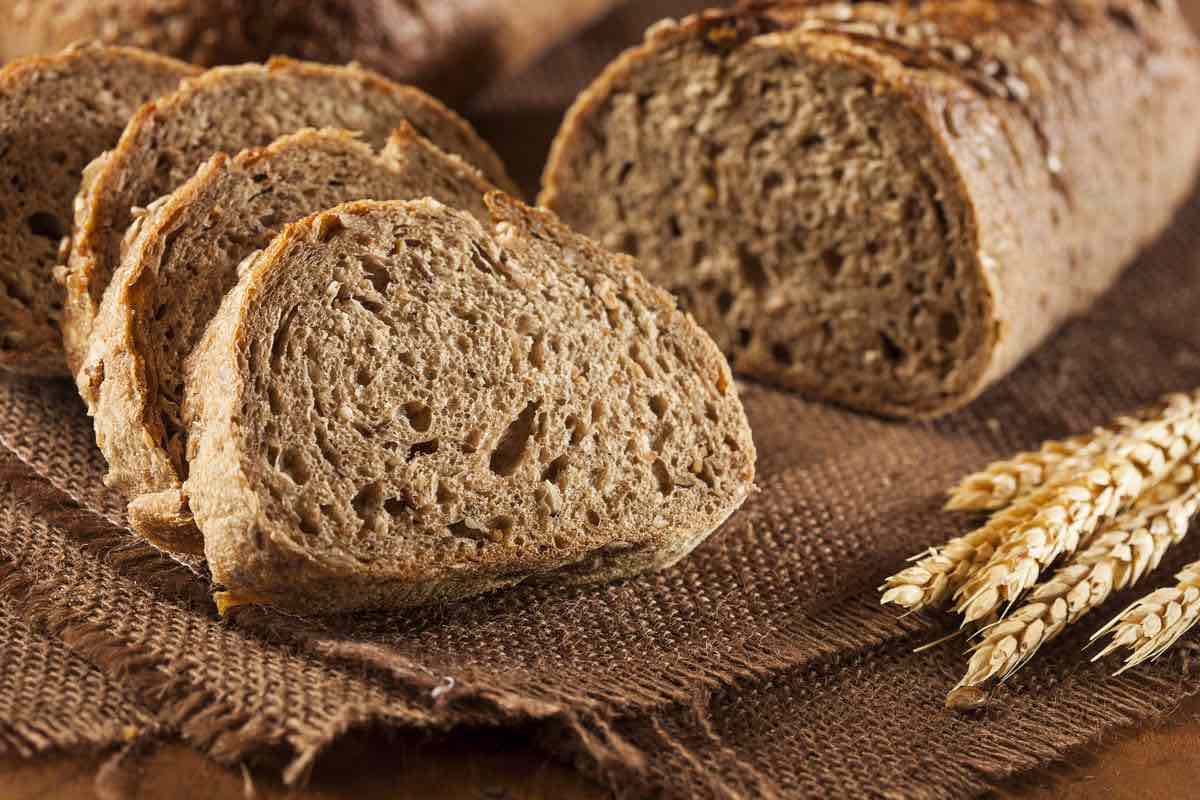Food
What are dietary fibers and how much should we take each day?

Dietary fibers: what they are, what are the benefits, where they are found and how much should be taken every day.
In the modern era, our diet has become increasingly rich in refined and processed foods, to the detriment of an essential component for our health: dietary fiber. Fiber is a key part of a balanced diet and plays a crucial role in maintaining a healthy digestive system and promoting overall well-being.
Naturally occurring components in a wide range of plant foods, such as fruits, vegetables, whole grains, legumes and seeds, although they cannot be digested completely, perform a number of vital functions in our digestive system. Let's try to find out what the benefits are and how many we should take every day.
Dietary fibers: the definition
Dietary fiber is a type of plant polysaccharides that our body cannot fully digest. This means they pass through our digestive system without being broken down like other nutrients.

Fiber can be of two types: soluble (which dissolve in water) or insoluble (which does not dissolve in water). The former can help reduce cholesterol and control blood sugar levels, while the latter can help prevent constipation and intestinal diseases.
Present in foods such as whole grains, fruits, vegetables, legumes and nuts, they should be taken regularly for good digestive system health and a proper nutritional balance in the diet.
The benefits of fibers
Dietary fiber offers many health benefits. For example, they can help reduce bad cholesterol in the blood, thanks to their ability to bind to fats and eliminate them from the body. Additionally, these types of fiber may help control blood sugar levels, reducing the risk of diseases related to insulin resistance, such as type 2 diabetes.
Insoluble fiber, on the other hand, can help prevent constipation and other intestinal diseases, as it helps stimulate the movement of food through the digestive tract. Additionally, consuming enough fiber can improve stool quality and prevent the risk of hemorrhoids and other related conditions.
Finally, fibers can generally help maintain a nutritional balance in the diet and regulate appetite, providing a greater feeling of satiety and reducing the absorption of calories and refined carbohydrates. Some high-fiber foods are whole grains, fruits, vegetables, legumes, and nuts.
How much fiber to eat each day
Is eating too much fiber bad for you? Although there is no evidence of direct harm to health, in some cases fiber intake can cause some side effects such as bloating, flatulence or diarrhea. However, these effects usually occur when the intake is drastic and sudden. For this reason it is important to gradually increase the intake of fiber in your diet and drink plenty of water to facilitate digestion.
But what is the amount of fiber that should be consumed every day? The quantity depends on individual needs. In general, the World Health Organization recommends consuming at least 25 grams of fiber per day to maintain good intestinal health. To increase your fiber intake, it is recommended that you consume a variety of foods, such as whole grains , fruits, vegetables, legumes and nuts, without decreasing your water consumption, which is necessary to help fiber do its job in the digestive system. In order to understand how much fiber to eat, it would be important to consult a nutritionist or doctor.
Riproduzione riservata © - WT











